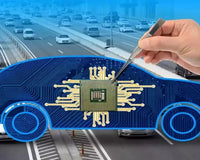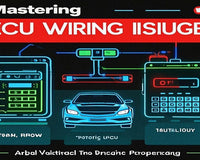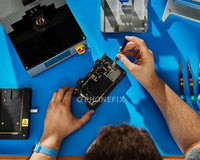When modifying a diesel engine, one common question arises: does deleting the Exhaust Gas Recirculation (EGR) system require engine remapping? The short answer is yes. So, what are the benefits of EGR delete? Improved fuel efficiency, increased power, and reduced engine wear top the list. 
EGR system reduces emissions by recirculating exhaust gases into the engine’s intake. However, it often clogs with carbon deposits, leading to reduced performance, increased fuel consumption, and potential breakdowns. While an EGR delete can boost performance, skipping the remap is a recipe for issues.
Why Remapping Is Essential After EGR Delete?
Modern engines rely on the Engine Control Unit (ECU) to manage fuel injection, timing, and emissions systems. When you remove the EGR, the ECU still expects its signals. This mismatch triggers error codes, check engine lights, and may even cause the engine to run poorly.
What Are The Benefits of EGR Delete? 
Eliminate Error Codes: A remap adjusts the ECU software to ignore missing EGR signals, preventing diagnostic trouble codes (DTCs).
Optimize Performance: Without EGR restrictions, the engine breathes better. Remapping recalibrates fuel delivery and timing to harness this potential.
Protect Components: A custom tune ensures the turbocharger, catalytic converter, and other systems aren’t strained by improper airflow or fuel mixture.
Step-by-Step: EGR Delete & Remapping Process.
Physical EGR Delete: Remove the EGR valve and block off intake/exhaust ports.
Diagnostic Scan: Use the XTOOL A30D to check for pre-existing codes.
ECU Backup: Always back up the original ECU file with a tool like the XTOOL D6S.
Remapping: Load a custom tune that deactivates EGR functions.
Post-Tune Verification: Use the D6S OBD2 Scanner to ensure no new codes appear and the engine runs smoothly.
EGR delete benefits extend beyond performance, addressing concerns related to emissions and engine longevity. However, skipping the remap after modifications like an EGR delete risks disrupting your vehicle’s delicate balance, potentially leading to performance issues or long-term damage. To maximize these advantages and avoid the pitfalls, proper tuning is essential.
Is Remapping Essential After an EGR Delete?










